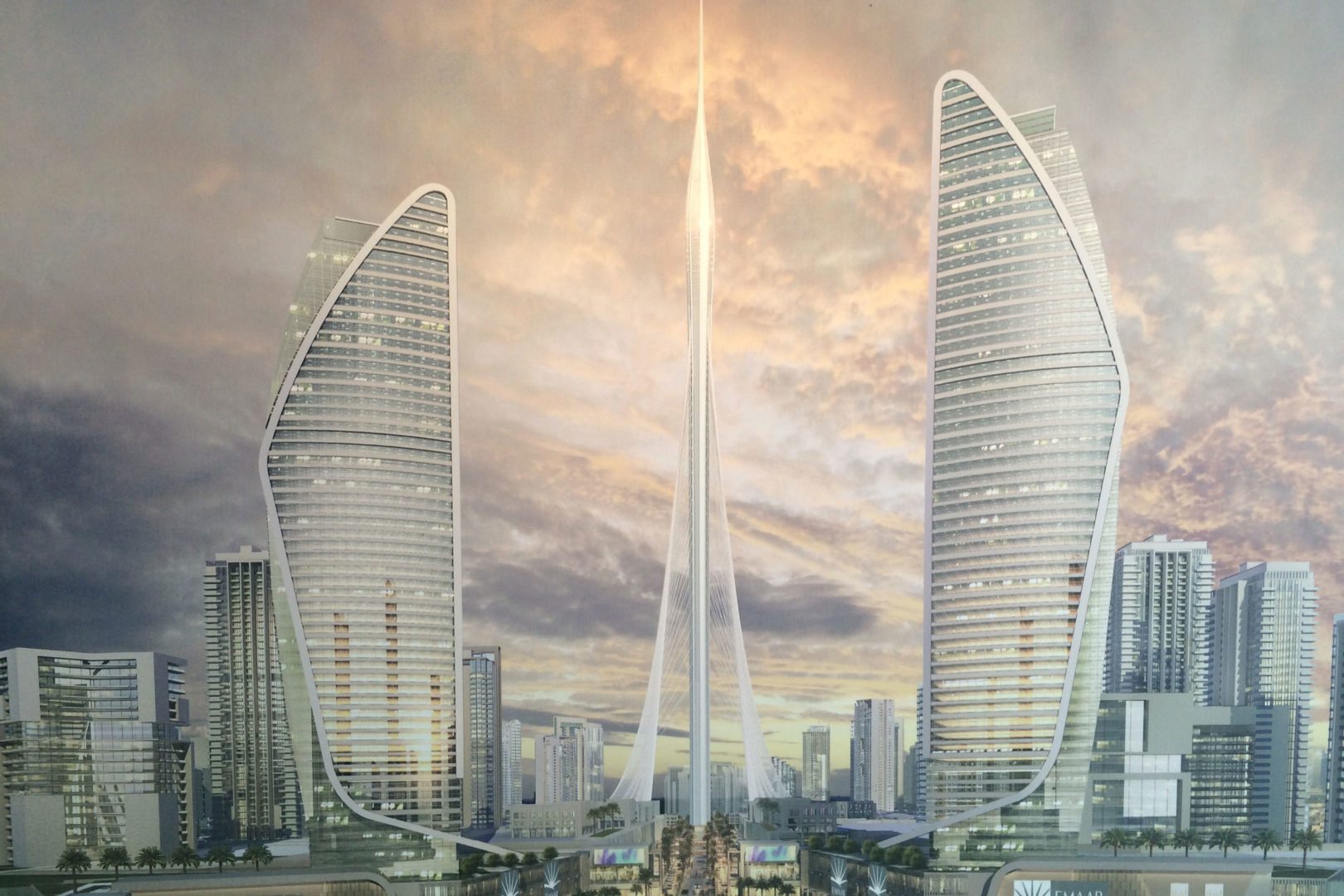

Strong rebound recorded in first-quarter contract awards
Dubais projects market is back with positive growth after recording its second-best performing quarter since 2008 in the first quarter of this year. The emirate saw $6.6bn of new contract awards made in the period.
The best total since 2008 was in the first quarter of 2014, shortly after Dubai won the rights to host the 2020 World Expo, when there were $8.7bn of new deals let. The all-time record was achieved in the fourth quarter of 2006, when there was $9.3bn of new contract awards.

Dubai projects market, 2011-16
In the first quarter of this year there have been a series of major contract wins on major new building projects. The largest is the estimated $840m contract awarded by the Investment Corporation of Dubai to a joint venture of South Koreas Ssangyong Engineering & Construction and the local/Belgian Bel Hasa Six Construct for construction on the Royal Atlantis Resort & Residences.
Other major awards include the estimated $650m deal won by the local Al-Basti Muktha for the Dubai Creek Harbour residences for Emaar Properties, and the estimated $386m contract secured by a joint venture of Ssangyong and China State Construction Engineering Corporation for the construction of Nakheels Palm Gateway Towers.
Market relief
The strong performance during the first quarter of this year will be a relief to Dubais construction sector, which in 2015 had its first year of negative growth for contract awards since the market bottomed in 2011. There were $21.3bn of deals let, which was about 18 per cent less than the nearly $25.9bn in 2014.
There have been signs 2016 will be a better year. Dubais budget, for which details were released in late December, includes an increase in spending on infrastructure in 2016. That means AED6.4bn ($1.7bn) will be spent on infrastructure in 2016, and this figure will be supplemented by investments made in new assets by government-related entities (GREs) and the private sector.
For future work there is a clear pipeline. In the second quarter of this year, Lebanons Arabian Construction Company (ACC) was awarded an estimated $218m deal by Emaar to build the Boulevard Point tower in its Downtown Dubai district.
Of the schemes that are at the tendering stage and are due to be awarded soon, the largest is the design-and-build contract for the Route 2020 metro link, which will connect to the Expo site. Commercial offers from five consortiums were opened in early March and a shortlist of contractors is due to be made by the Roads & Transport Authority (RTA) by the end of April, ahead of a contract award.
Another major infrastructure award that is expected is the deal to expand the Jebel Ali sewage treatment plant for Dubai Municipality. In December last year, Bel Hasa Six Construct submitted a low bid of $359m.
Other major contracts are expected to be tendered later this year. They include Wasl Tower, Zabeel One, Burj 2020, the Museum of the Future, and stormwater drainage tunnels in the Jebel Ali area.
Project approvals
Dubais leadership has approved future schemes during the first quarter, as the city prepares to host the Expo in 2020. The most high-profile is the tower designed by Spains Santiago Calatrava Valls, which will be the centre piece of Emaars Dubai Creek Harbour development.

Inside The Tower at Dubai Creek Harbour
Inside The Tower at Dubai Creek Harbour
On 10 April, Emaar chairman Mohamed Alabbar confirmed the tower will be taller than the 828-metre tall Burj Khalifa, adding that the building will cost about $1bn to construct. Work on the foundations package is expected to start in June or July this year, and tendering for the superstructure is expected to start in 2017.
Other schemes approved this year include Dubai World Trade Centre Authoritys $2.13bn One Central project and Dubai Municipalitys Dubai Convention Centre, Safari Golf, Vertical Industrial City, Dubai Steps and Hardware, and the Bicycles and Green Building Market.
Another future scheme that is proceeding is Dubai Parks & Resorts Six Flags Theme Park. In late March, the listed operator said it had approved plans for a share issue to fund the project.
These projects join other schemes that are still in the planning stages, such as the Meydan One development, which was launched in August 2015 and includes the worlds longest indoor ski slope.
The largest future scheme is the $32bn expansion planned for Al-Maktoum International airport. That project is now moving into the delivery phase and in March contractors submitted bids for the enabling works, while the local Alec was awarded the deal to expand the existing passenger terminal building.
Work completed
Dubais construction sector needs these new schemes to replace work that is completed. During the first quarter of this year, there were $3.5bn of projects completed, and in 2015, more than $15.5bn of work was completed. Once the completions are accounted for, the net gain for the industry during the first quarter was $3.1bn, rather than $6.6bn.
If a longer-term view is taken, Dubai has awarded $87bn of new work and completed $78bn over the past five years, giving a net gain of $9bn.
You might also like...

Contractors win Oman Etihad Rail packages
23 April 2024

Saudi market returns to growth
23 April 2024

Middle East contract awards: March 2024
23 April 2024

Swiss developer appoints Helvetia residences contractor
23 April 2024
A MEED Subscription...
Subscribe or upgrade your current MEED.com package to support your strategic planning with the MENA region’s best source of business information. Proceed to our online shop below to find out more about the features in each package.






